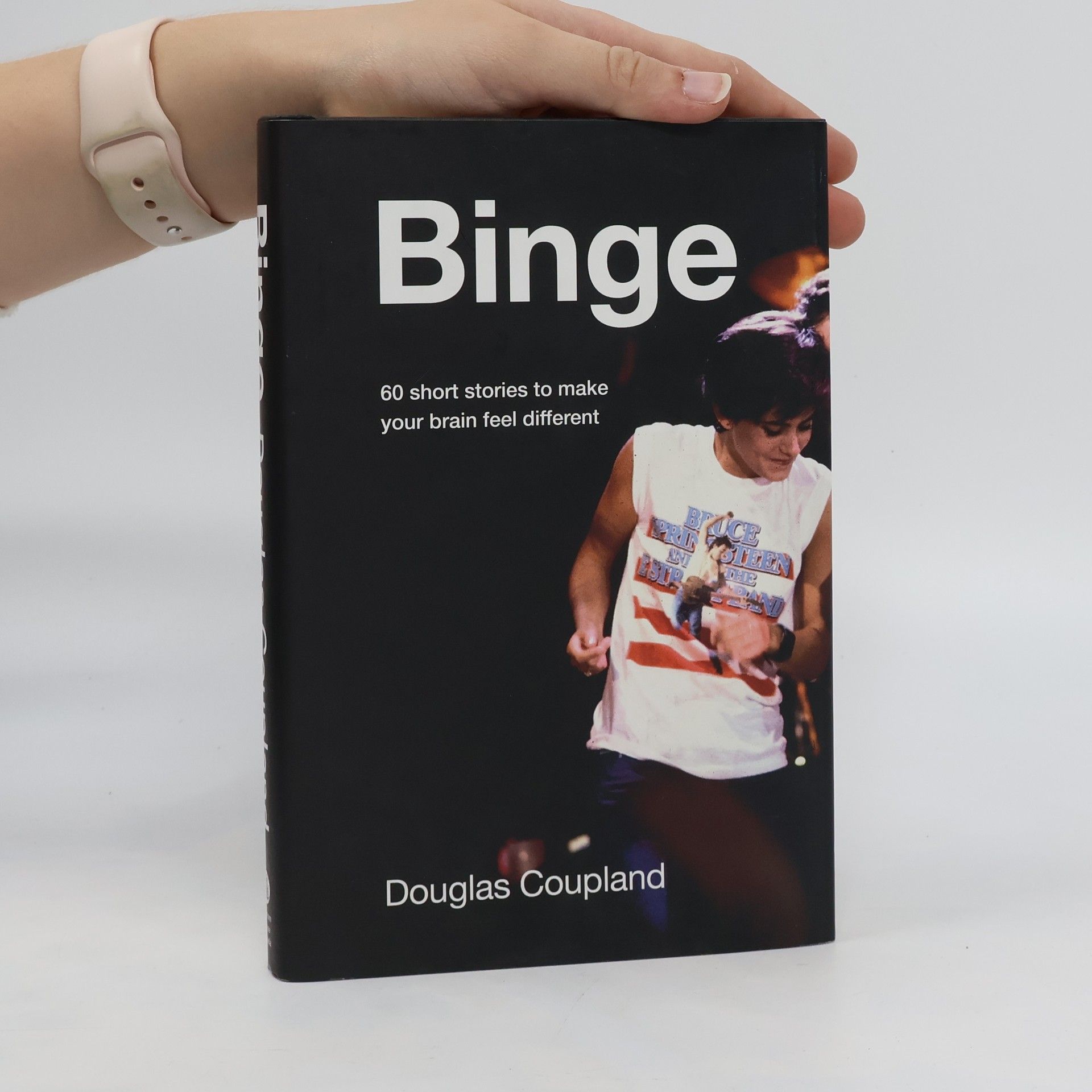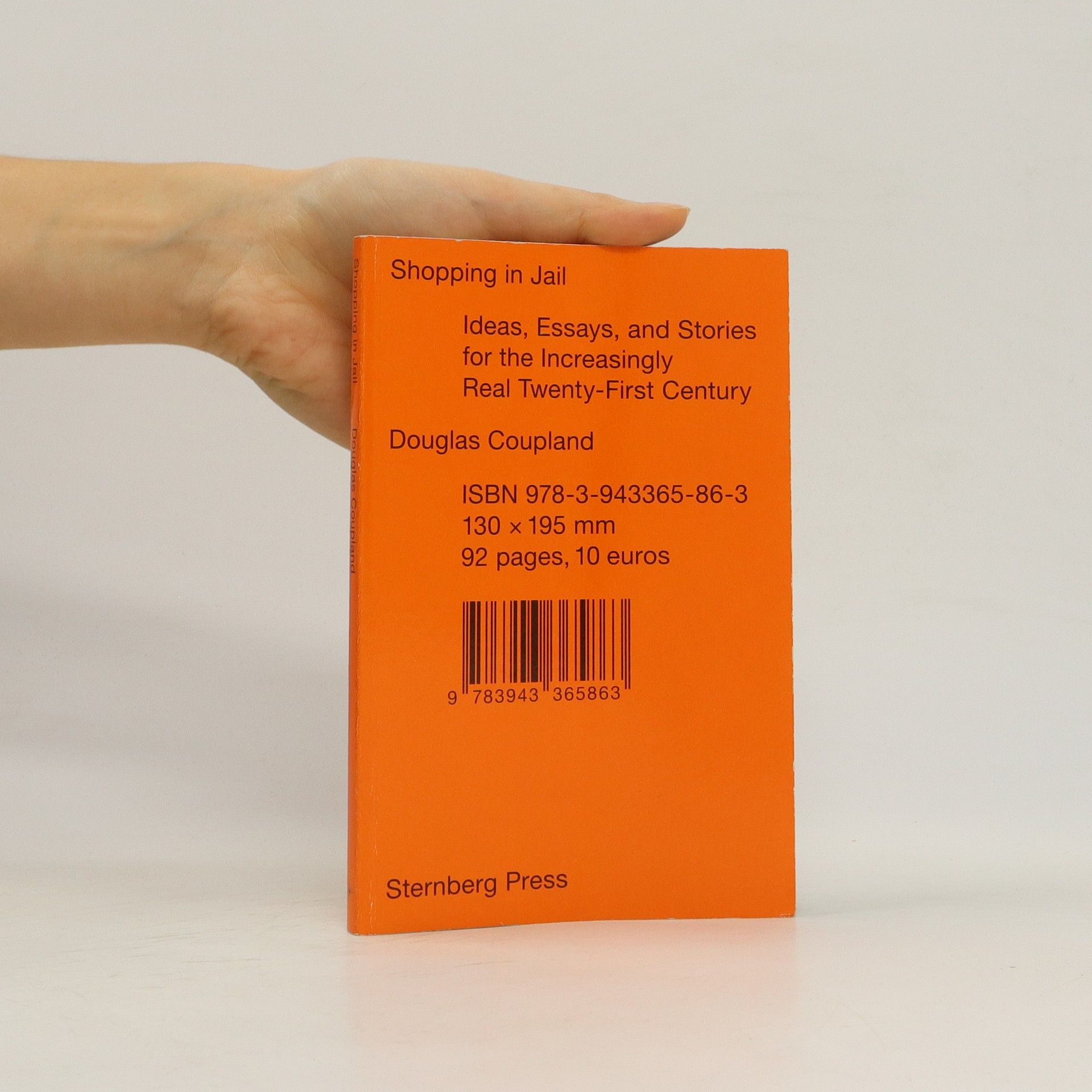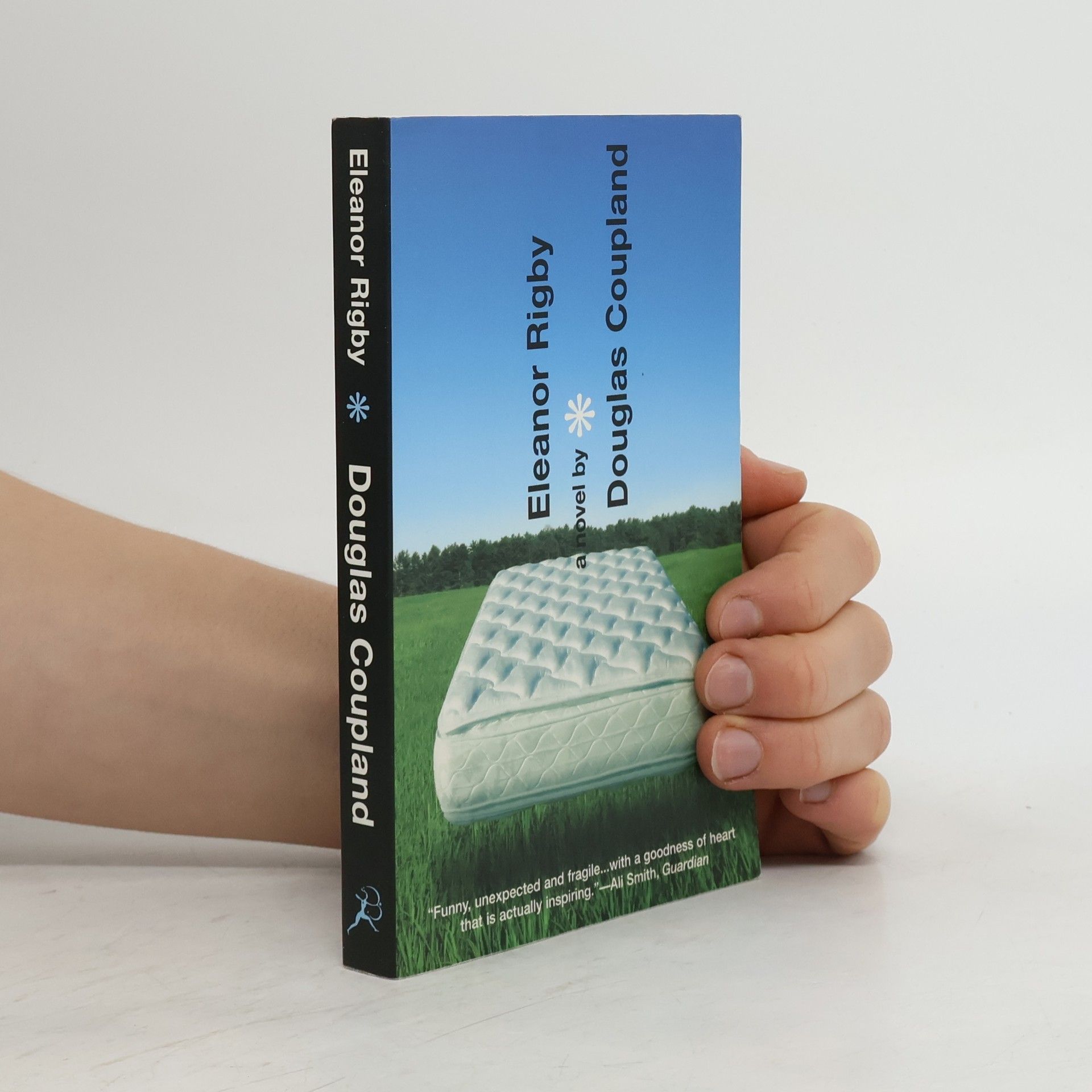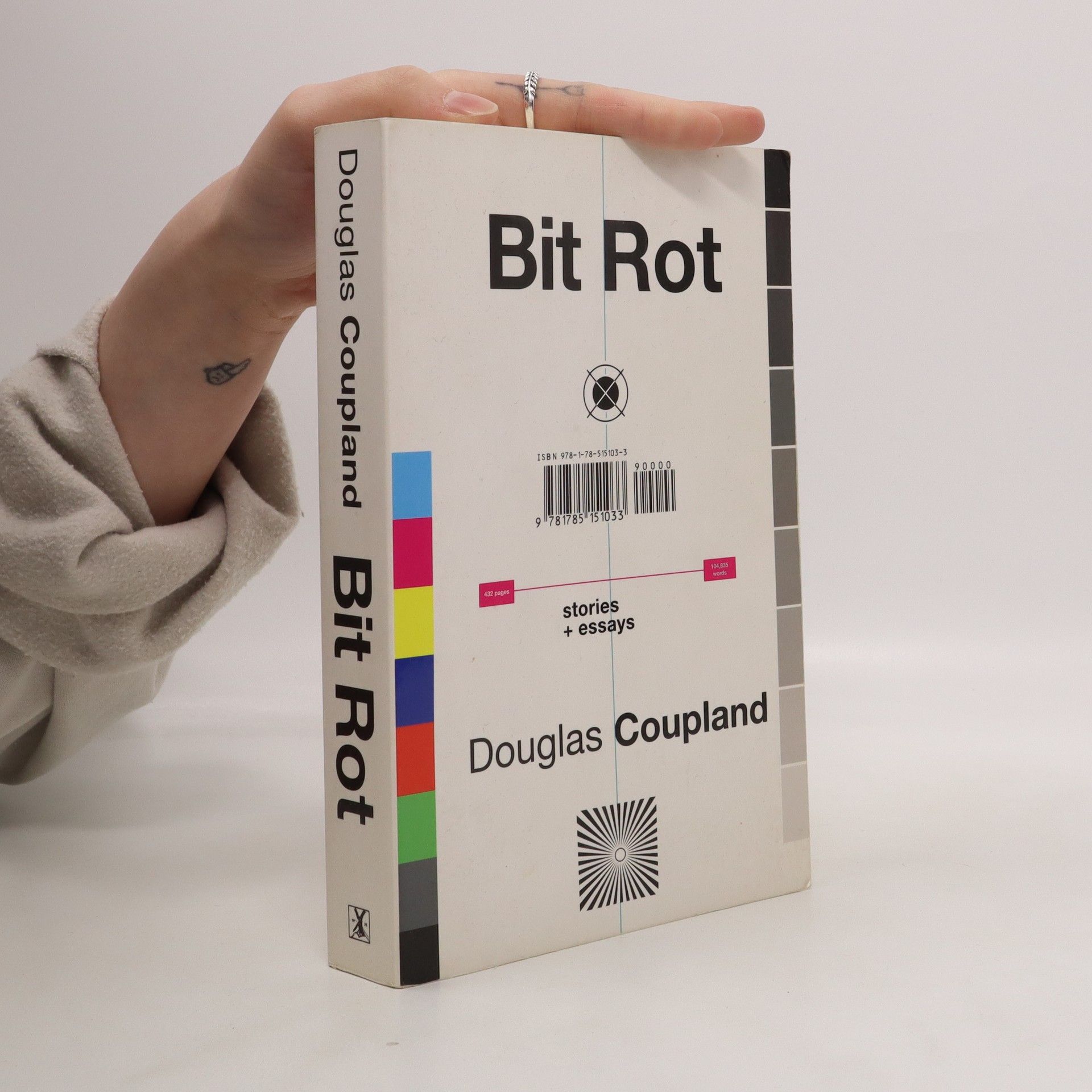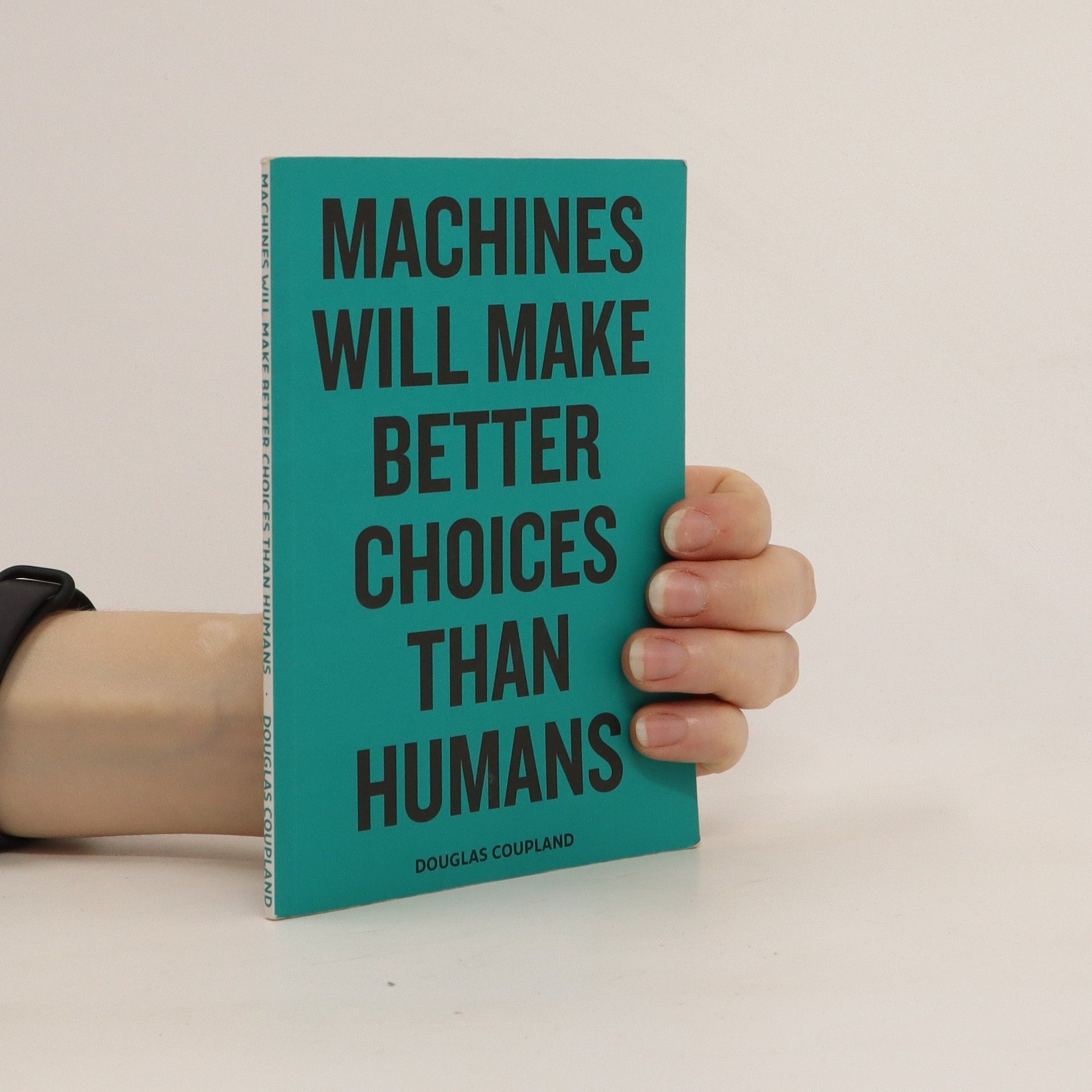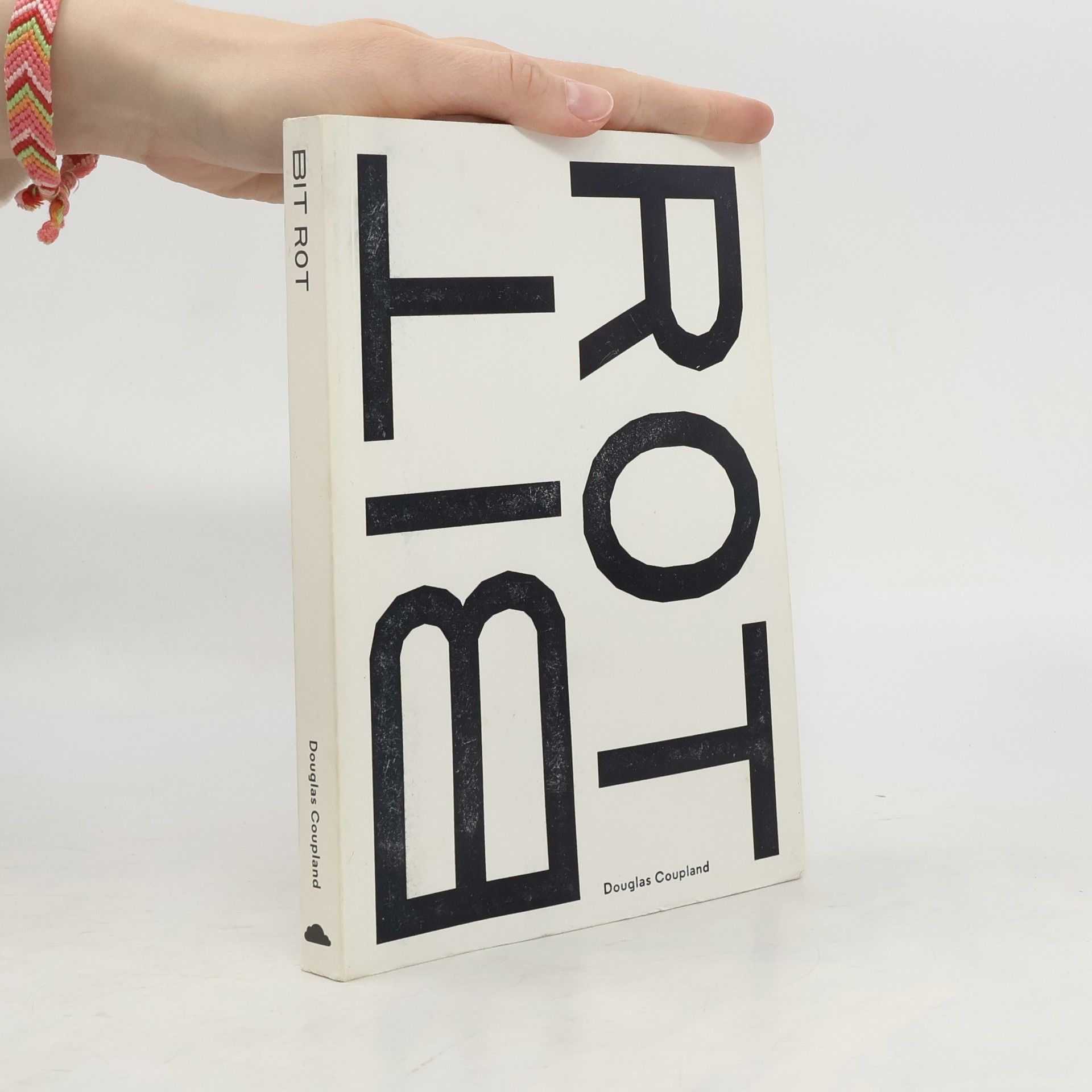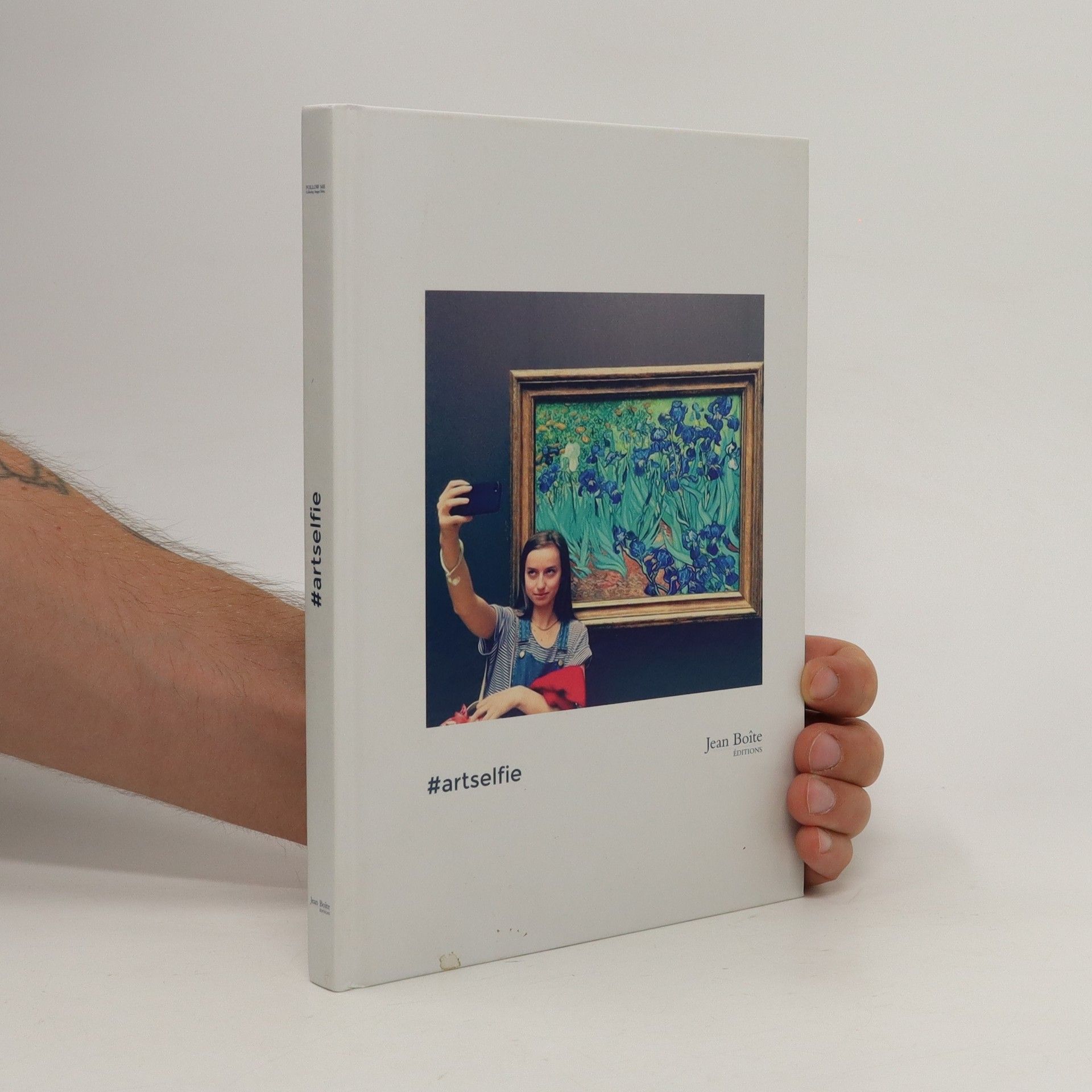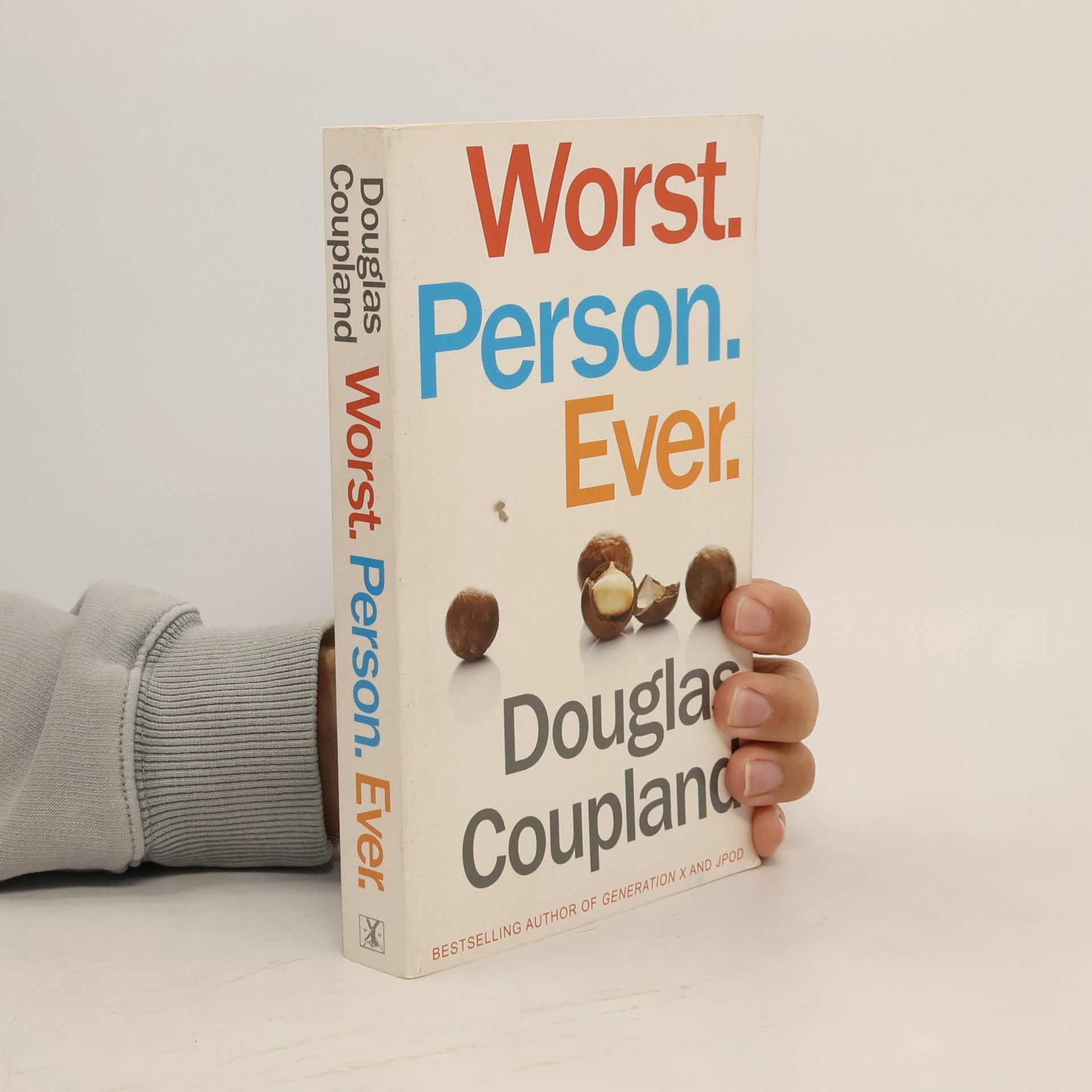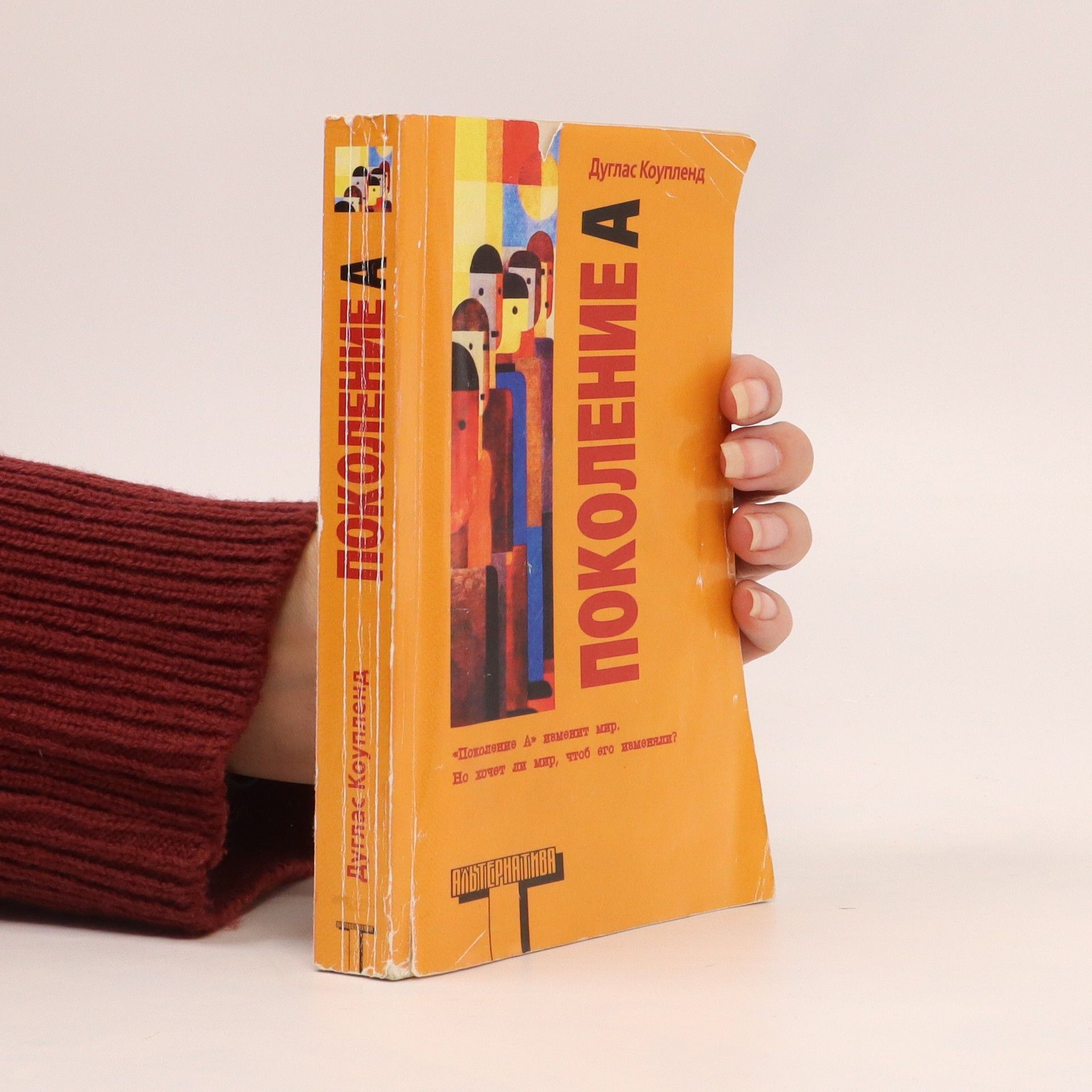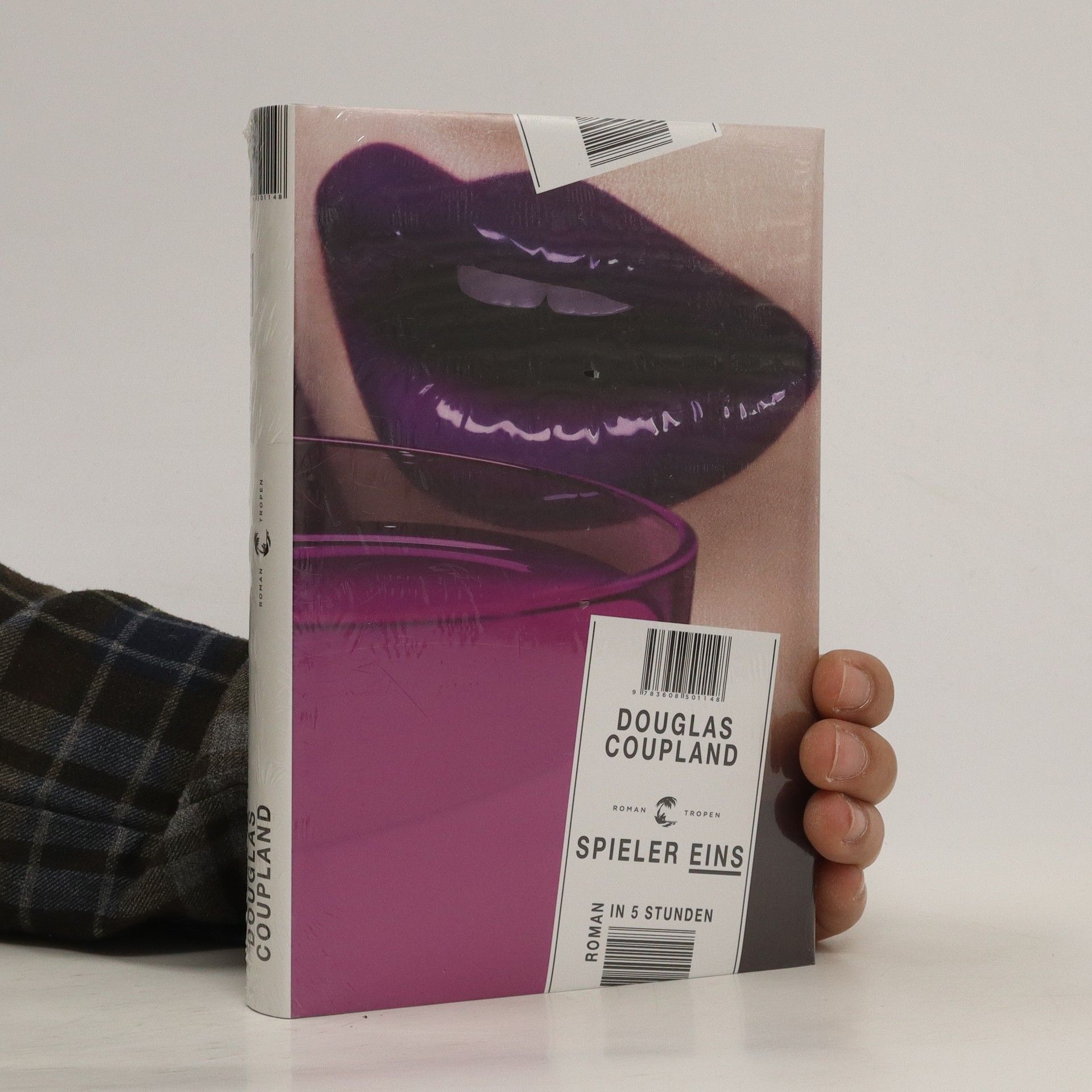Binge
- 272 pages
- 10 hours of reading
NATIONAL BESTSELLER The first new work of fiction since 2013 from one of Canada's most successful, idiosyncratic and world-defining writers, Douglas Coupland. He's called it Binge because it's impossible to read just one. Imagine feeling 100% alive every moment of every minute of the day! Maybe that's how animals live. Or trees, even. I sometimes stare at the plastic bag tree visible from my apartment window and marvel that both it and I are equally alive and that there's no sliding scale of life. You're either alive, or you're not. Or you're dead or you're not. Thirty years after Douglas Coupland broke the fiction mould and defined a generation with Generation X, he is back with Binge, 60 stories laced with his observational profundity about the way we live and his existential worry about how we should be living: the very things that have made him such an influential and bestselling writer. Not to mention that he can also be really funny. Here the narrators vary from story to story as Doug catches what he calls "the voice of the people," inspired by the way we write about ourselves and our experiences in online forums. The characters, of course, are Doug's own: crackpots, cranks and sweetie-pies, dad dancers and perpetrators of carbecues. People in the grip of unconscionable urges; lonely people; dying people; silly people. If you love Doug's fiction, this collection is like rain on the desert.


